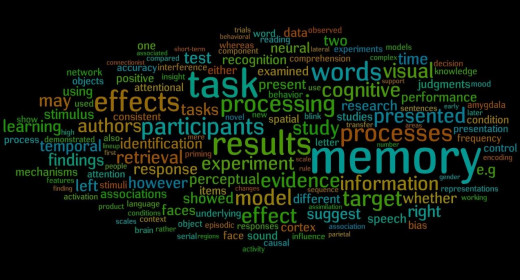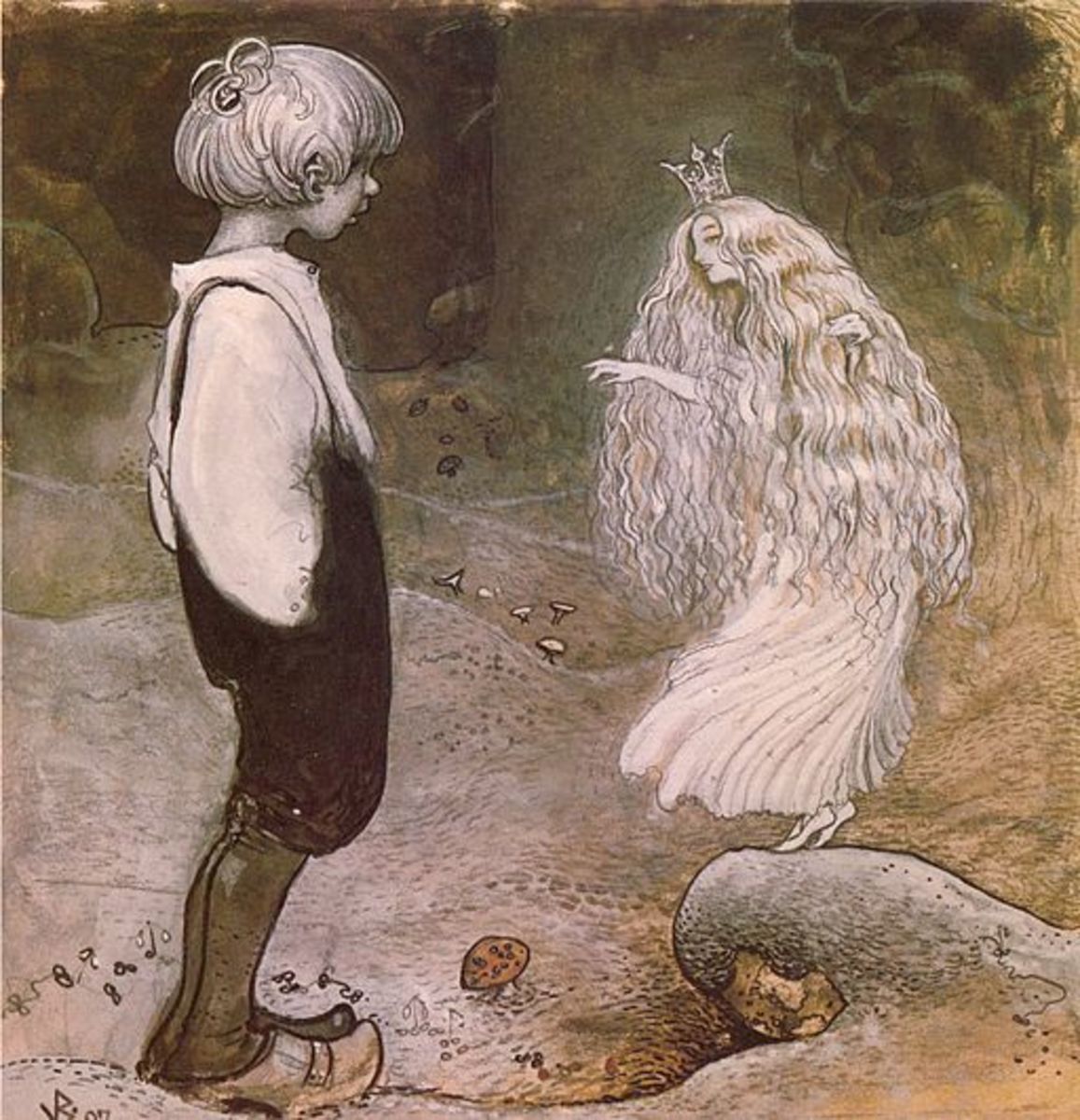Cognition and Learning

Do you know what your primary style of learning is? Choose below.
Learning
Learning is a process that allows human beings to retain knowledge. The process of capturing knowledge can formal or informal. There are many philosophies available to people. Much of what is learned comes from someone else such as formal lessons provided through educational text books or informal learning from people of association. This retention of information can potentially disrupt or alter behavior yet, the changes do not always occur promptly. Individual experiences, exposure and repetitiveness of events facilitate learning further.
Behavior
Learning does affect behavior. Plato is the infamous student of Socrates. Socrates had a belief that the wiser man is he who can admit to not knowing. He was found guilty and sentenced to death for denying the existence of a higher power or being and corrupting the minds of youth with such thinking. Plato became displeased by the news of his mentor and chose to publish writings that Plato claimed were the dialogue of Socrates. As a result of what Plato learned from Socrates, his perception of Socrates and the final news of his killing, Plato was moved into action by the courts behavior. This may be viewed as an extreme example of learning changing behavior, nonetheless, behavior was affected.
Types of Learning
There are at least two types of learning and several ways in which human beings do learn. Classical and operant conditioning are two widely known ways of learning. Classical conditioning is learning by association. This form of learning says that when a neutral stimulus is paired with stimuli that prompts reflex the neutral stimuli becomes dependant. It is a procedure of behavior modification where a person learns to respond in a preferred manner when provoked. An example of this could be an infant child associating nipples with feeding time. Another example may be a toddler who is fond of Elmo and associates the color red with Elmo.
Operant conditioning, founded by B.F. Skinner, is learning based on reward or consequence of action. The notion that one may be rewarded or punished for behavior can provoke behavior to happen again or not, this is learning. An example of operant conditioning may be the repeat crime offender. The criminal may have gotten away with all types of crimes throughout adolescence. At 21 years of age, the young adult is finally apprehended and sentenced to jail time. A one time experience of incarceration lead the young adult to no longer violate the law. The consequence of action made the criminal no longer repeat behavior.
Other types of learning include visual, hands on (kinesthetic) and, auditory. The majority of people learn by one or all of the preceding. Other types include musical, environmental or, group learning. Individuals are not limited to learning by any one method; most people learn with more than one method, yet still others can be exceptional learners under one method. Having a clear understanding of how a person learns has the return benefit of defining who we are.
Cognition
Cognition is the process of acquiring knowledge and comprehension through thinking, experience and human senses. The result of cognition is human perception, intuition and sensation. Cognition also involves attention, memory, logic and reason, problem solving and creativity. Cognitive development is a crucial part of life span development, having adverse affects on learning. Underdeveloped cognition may pose challenges in learning. A number of mental disorders can alter thinking. Injury and other traumatic events have the ability to change the course of the human brain. Learning and cognition go hand in hand.
Conclusion
Learning is a necessary part of human survival. Learning is the result of brain stimulation. Our human brain receives data and deciphers what is important and not. Based on the determination of cognition, input travels to long term memory to retrieve later or stays in the short term memory for immediate use. Information travels back and forth between long and short term memory banks depending on what data is being requested of cognition. If cognition stops functioning then we cease to learn and in some cases, exist.
References
Learning Guide.org. (2012, July). Types of Learning Styles. Retrieved from http://www.learningguide.org/learningstyles.htm
Olson, M. H. & Hergenhahn, B. R. (2009). An introduction to theories of learning (8th ed.). Upper Saddle River, NJ: Pearson/Prentice Hall.








